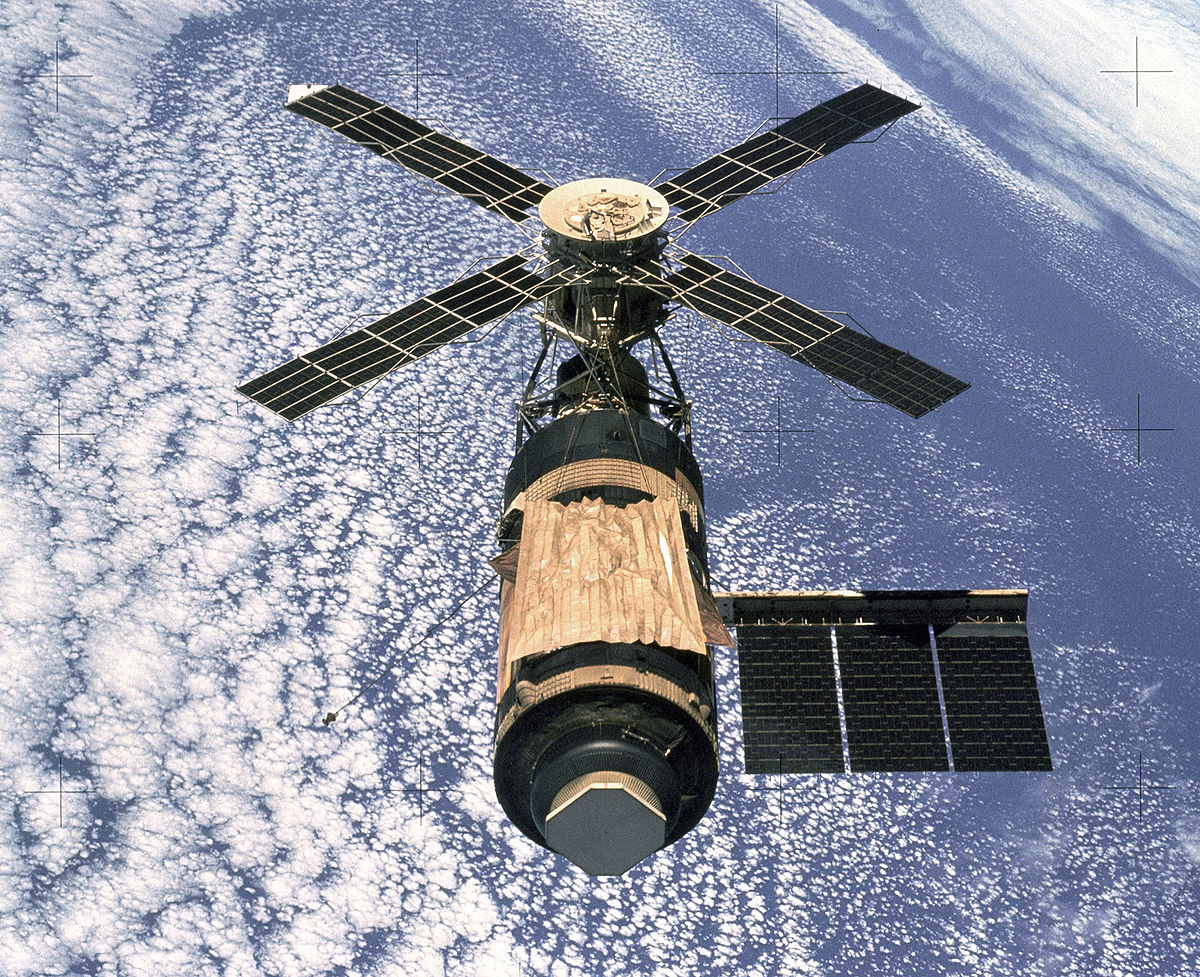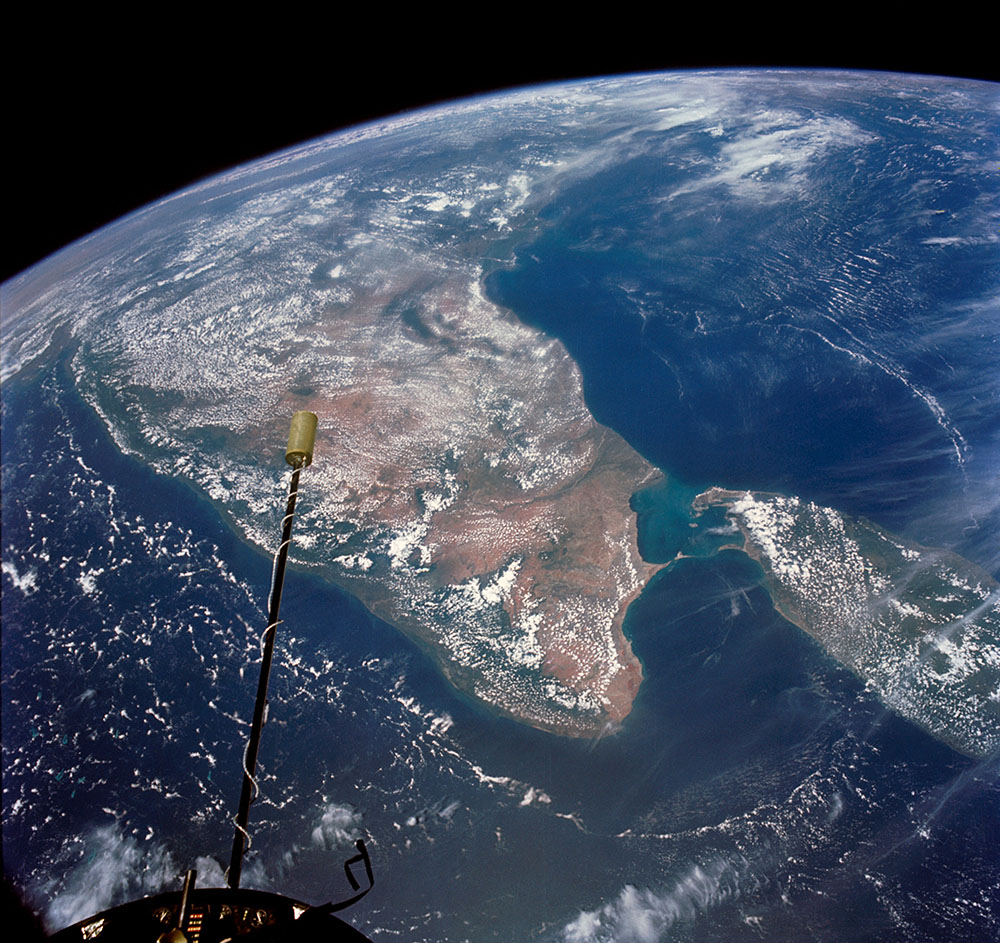The Future: Would greatness elude us? (Part II)
India is planning a space station (to be named, Bhartiya Antariksh Station) which might enter orbit in 2035, weighing about 20 tonnes. US sent its first space station to orbit in 1973. The International Space Station(ISS) that orbits earth today weighs 450 tonnes. it reached this mass by gradually adding successive modules and sometimes from the different partner nations in ISS Thus, Indian space station and space activities while being nimble and parsimonious are not in the same league as the United States.
Not much different from the fact that millions of students attempt one of the toughest test for a few thousand seats at India's IITs. The myth making behind the successes of IITs are understandable given that when a people have very few things to look upto, they would worship whatever is better than the rest. But what sort of value addition takes place in the IITs. Not much. The very best of the world largest nation make it to the IITs, they are already on top of the food cycle. One the other hand a typical Indian student who studies at an American university gains a lot more. This student may not be the best or the brightest. This is real value addition. This is possible in the US because they are much ahead of us in the game. In India we can neither match their quality nor their scale. Cooperation would enable us to adopt and adapt and change where change is needed.
Only recently in 2024, India has eliminated extreme poverty. But despite all hurdles Indians as individuals have achieved a lot. India should leverage this reality. Our institutions might not be the best but our people are among the best in the world. And the best do not leave India. The very best of Indian populace ends up in bureaucracy, Indian institutions, Indian corporations and other avenues of eking a living. More cooperation with west would offer Indians more opportunities to learn and improve. It might even change our not so good institutions that have had a history of failing its adherents. ISRO and Indian Navy have been exceptions when it comes to developing their wares in home. Unlike the air force and the army the desire to import is much less in the Navy. The Navy should not be penalised for its right course and better outcomes. Instead the navy should be encouraged and backed up. The SSNs of the Indian Navy similarly deserve more western input. While the Navy is glad to be the outlier and best performer when it comes to efficient use of the small budget that it gets, the question is what is the support or value addition done by the MoD or the GOI? Are they like the IITs happy to have the best with the hope that they would succeed anyway?
While navy builds its own SSN, western inputs if not another submarine building line involving Indian private sector on the west coast should be considered. By the 2050s US would be fielding SSNs that would be much more capable than anything China or Russia might field. India should not end up as a laggard on SSN technology. Teaming up with the US would allow Indian SSNs of 1960s-70s to be behind US but ahead of many others. India could see the value in such a proposition.


Comments
Post a Comment